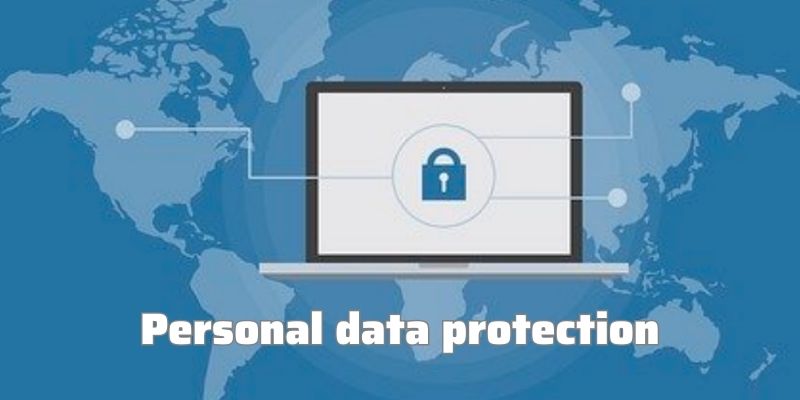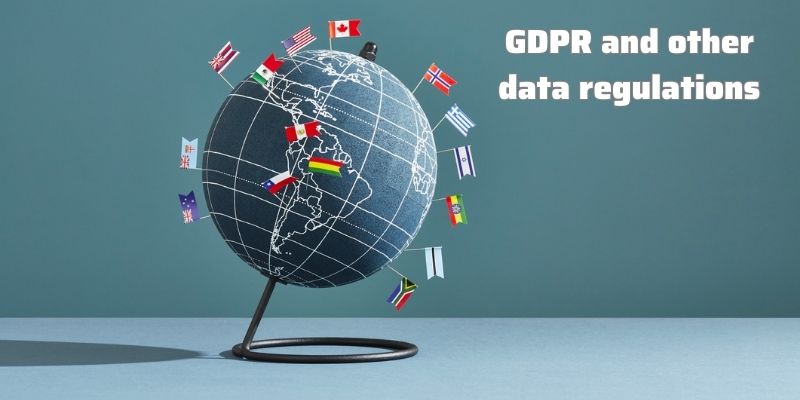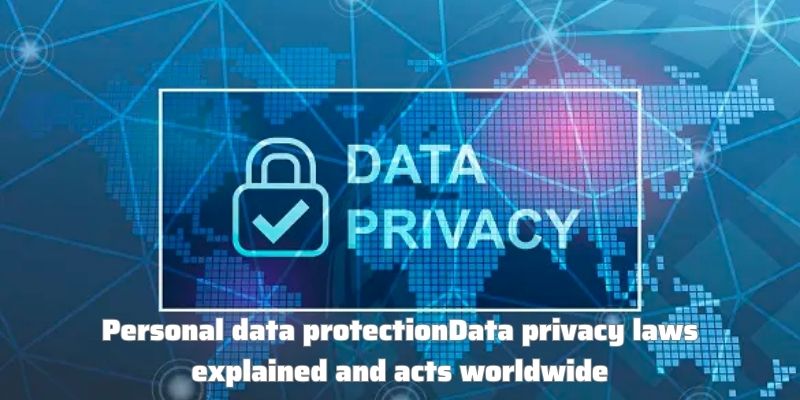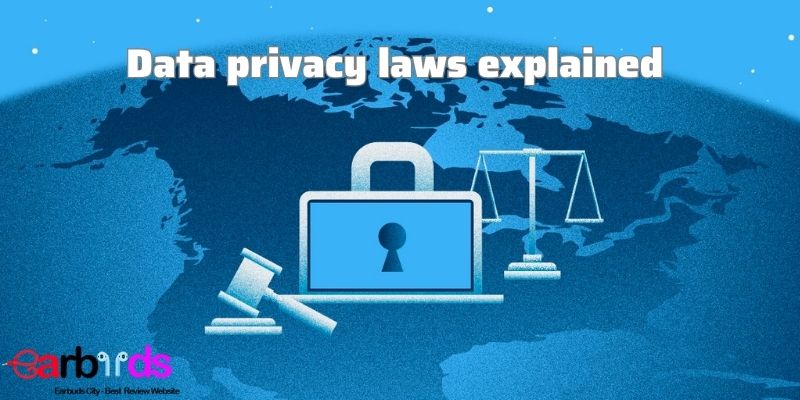The domain of data management known as data privacy laws explained is concerned with handling personal data in accordance with rules, laws, and commonly acknowledged privacy best practices.
Assuring data privacy involves establishing access controls to prevent unauthorized access, getting consent from data subjects where necessary, and maintaining data integrity.
Businesses should place a high focus on data security. If data privacy requirements are not followed, losses could be significant. Consider the potential legal repercussions, the hefty fines, and the damage to your brand.
Data governance is a subtopic of data privacy protection. To implement data governance, organizations must be aware of the data they have, where it is stored, how it moves through their IT systems, and how it is used. By implementing data governance best practices, organizations may maintain data integrity and confidence in their data. In this article, earbudscity.com will discuss data privacy laws explained.
Personal data protection
Any information could be deemed confidential, including sales data, product roadmaps, and business financial details. Among the most sensitive data is information on people, more especially personal information about any recognized or recognizable individual. The term “personally identifiable information” (PII) can refer to almost anything. PII is sometimes hidden, unlike a name or Social Security number. A cookie or an IP address are two examples of alternative identifiers that can be used. If information from a field or record may be used to identify a specific individual, the information is regarded as personal.
The importance of data privacy laws explained in the modern business world cannot be overstated. In much of the world, data privacy laws explained apply to personal information, including credit card numbers and medical records.

GDPR and other data regulations
Data collection, storage, and disclosure practices are described in data privacy regulations. The rules relating to data privacy laws explained that are the subject of the most heated discussion include:
The General Data Protection Regulation (GDPR) of the European Union is the broadest data privacy laws explained currently in effect. All enterprises, even those from countries outside of Europe, that contact with citizens of the European Union are also covered. People have the right, per GDPR, to know what information firms are holding about them, to request that they delete it, and to be alerted when data breaches happen. Inaction may result in legal activity and significant fines.

California Consumer Privacy Act (CCPA): This law is applied at the state level in the United States. It gives residents of California the option to ask organizations to delete any personal information they may have about them and to learn what information has been shared with third parties. These rules apply to customer data collected within the state.
Data sovereignty as part of data privacy laws
The concept of “data sovereignty” states that data is subject to the laws of the nation in which it was collected. As an illustration, the Schrems II ruling from July 2020 mandated that servers holding consumer data for clients in the EU must be situated within the boundaries of the EU.
Take data sovereignty into consideration as a tactic to ensure that user data stays local for its own protection. Governments restrict where personal data can be handled and stored in an effort to prevent misuse.
When evaluating cloud service providers, the value of data sovereignty is emphasized. In order to comply with GDPR requirements or upcoming legislation, you might need to maintain particular data on servers in particular jurisdictions.
Data privacy laws explained and acts worldwide
Although the General Data Protection Regulation (GDPR) debate in the EU raised awareness of information privacy among businesses and consumers worldwide, few people are aware of how deeply ingrained privacy regulations are. In reality, the Universal Declaration of Human Rights adopted by the UN in 1948 recognized the right to privacy.
Every day, new rules governing data privacy are established, and by this point, the majority of nations on earth have done the same. Your company’s operations, the borders you cross for business, and the sector you are in will determine which regulations you must follow.
Although the majority of service providers are subject to some sort of data rules, it is commonly known that healthcare providers, financial institutions, and the insurance business are heavily regulated. Even if your organization is not in a highly regulated sector, working with clients in those industries still requires regulatory compliance.

Cybercrime laws, laws governing online transactions, and laws protecting consumers are some additional data regulations that may have an impact on your organization. For instance, the Children’s Online Privacy Protection Act (COPPA) in the US guarantees the privacy of information for children. Because of this, social media platforms like Facebook and Twitter prohibit users under the age of 13 from opening their own profiles.
The legal environment is constantly changing, and it is evident that data legislation is only expanding. It’s crucial to become acquainted with regulators and to keep up with any legislation that can have an impact on your company. That includes performing due diligence before to extending a company’s operations into a new area.

